य इदं परमं गुह्यं मद्भक्तेष्वभिधास्यति |
भक्तिं मयि परां कृत्वा मामेवैष्यत्यसंशय: || 68||
ya idaṁ paramaṁ guhyaṁ mad-bhakteṣhv abhidhāsyati
bhaktiṁ mayi parāṁ kṛitvā mām evaiṣhyaty asanśhayaḥ
yaḥ—who; idam—this; paramam—most; guhyam—confidential knowledge; mat-bhakteṣhu—amongst my devotees; abhidhāsyati—teaches; bhaktim—greatest act of love; mayi—to me; parām—transcendental; kṛitvā—doing; mām—to me; eva—certainly; eṣhyati—comes; asanśhayaḥ—without doubt
Translation:
He who with supreme devotion in me will teach this profound philosophy to my devotees shall doubtless come to me alone.
Commentary:
The Lord here declares that those who teach the Gita to his devotees would reach Him, attain Moksha. From this, we understand the high value of true service to humanity. Of course, there are many forms of service, but the highest service a wise man can do is to transmit his knowledge to others. Such a man attains the highest fruit of service, namely liberation. The knowledge embedded in the Gita contains the most profound secret of life. It provides the key to Liberation. It is no doubt a great thing to attain knowledge and liberate oneself, but it is an infinitely greater thing to offer the light of knowledge to others, who are in need, and thus help them to reach the highest goal of life.
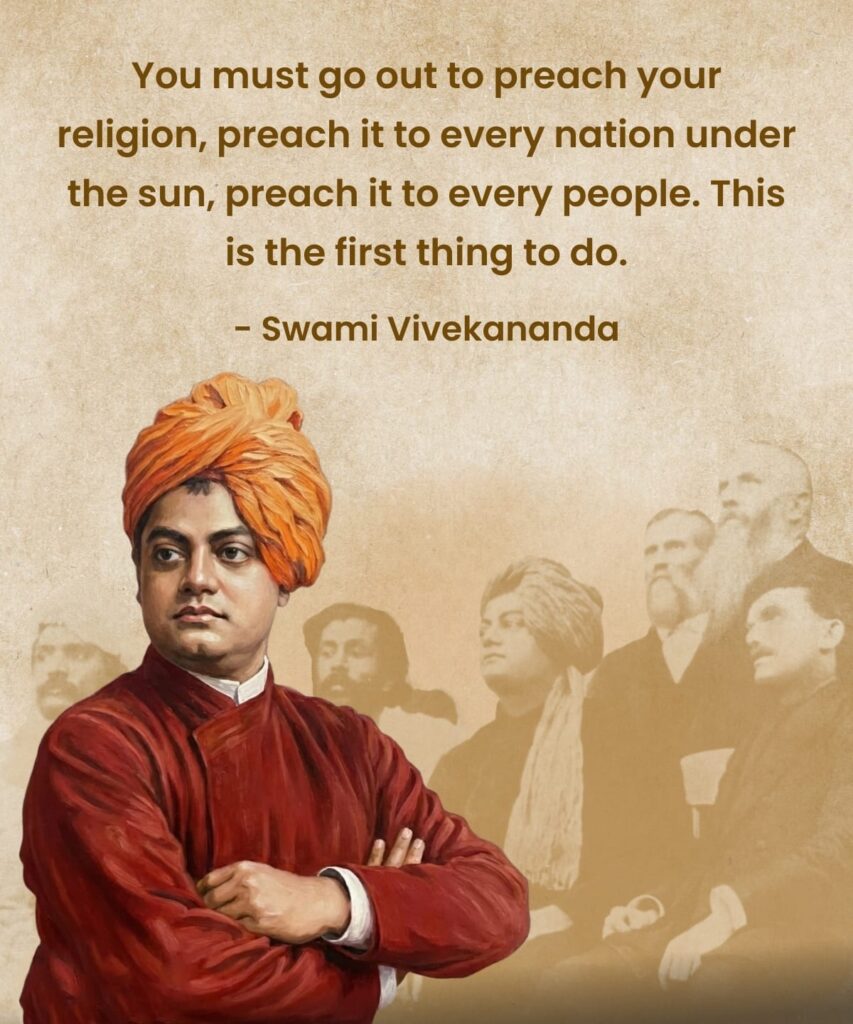


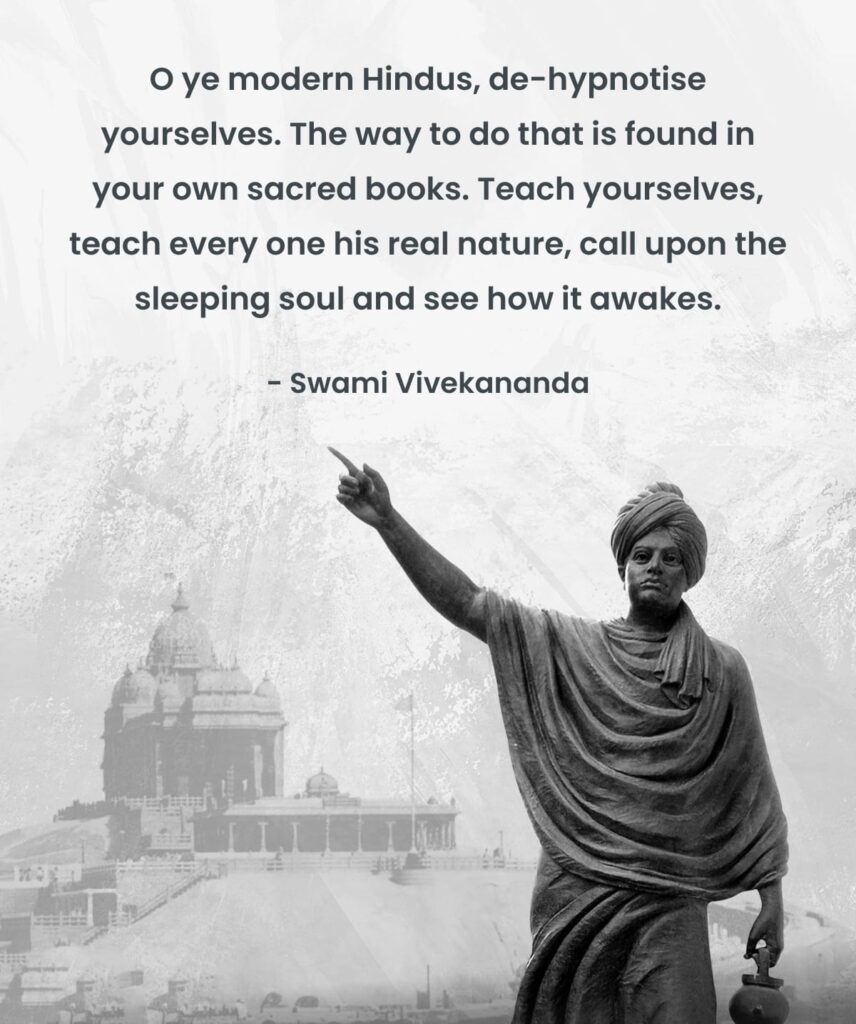
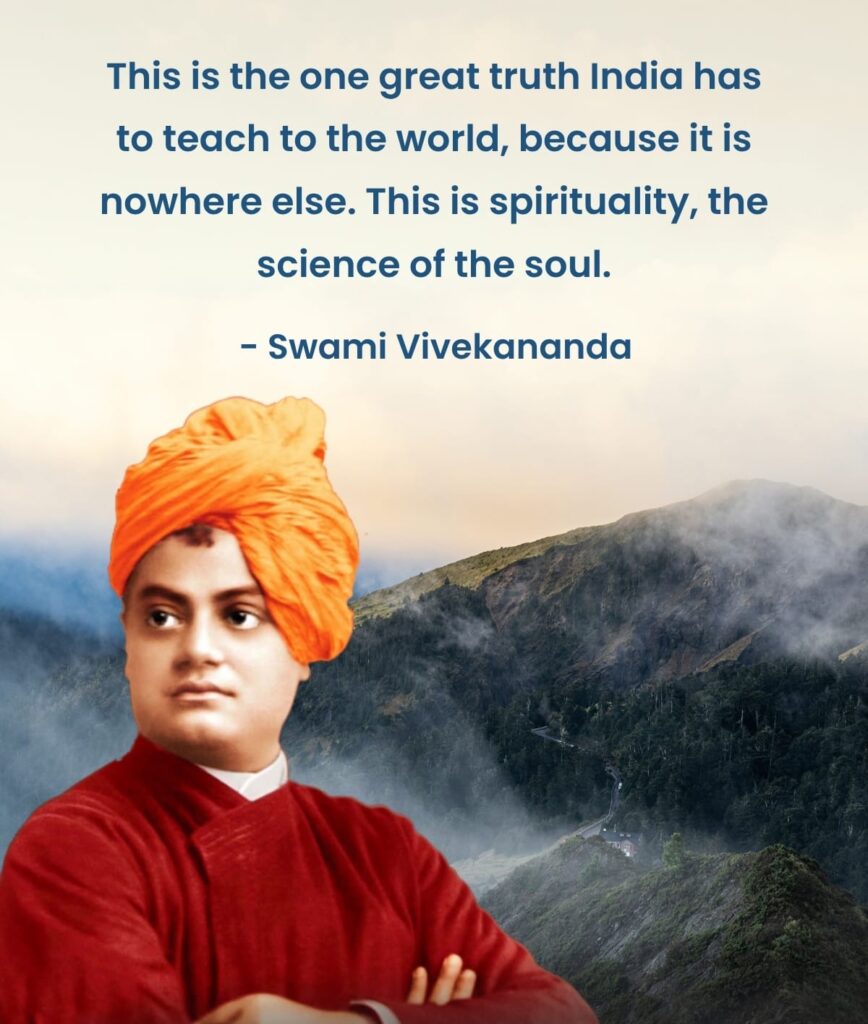
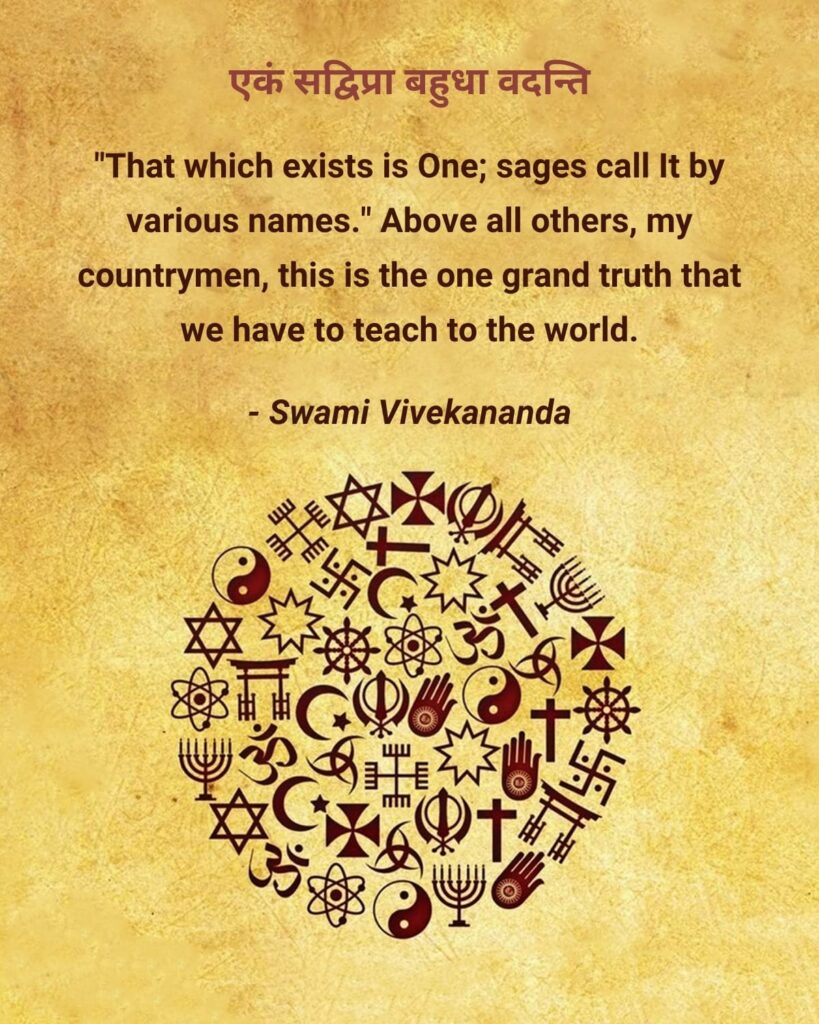
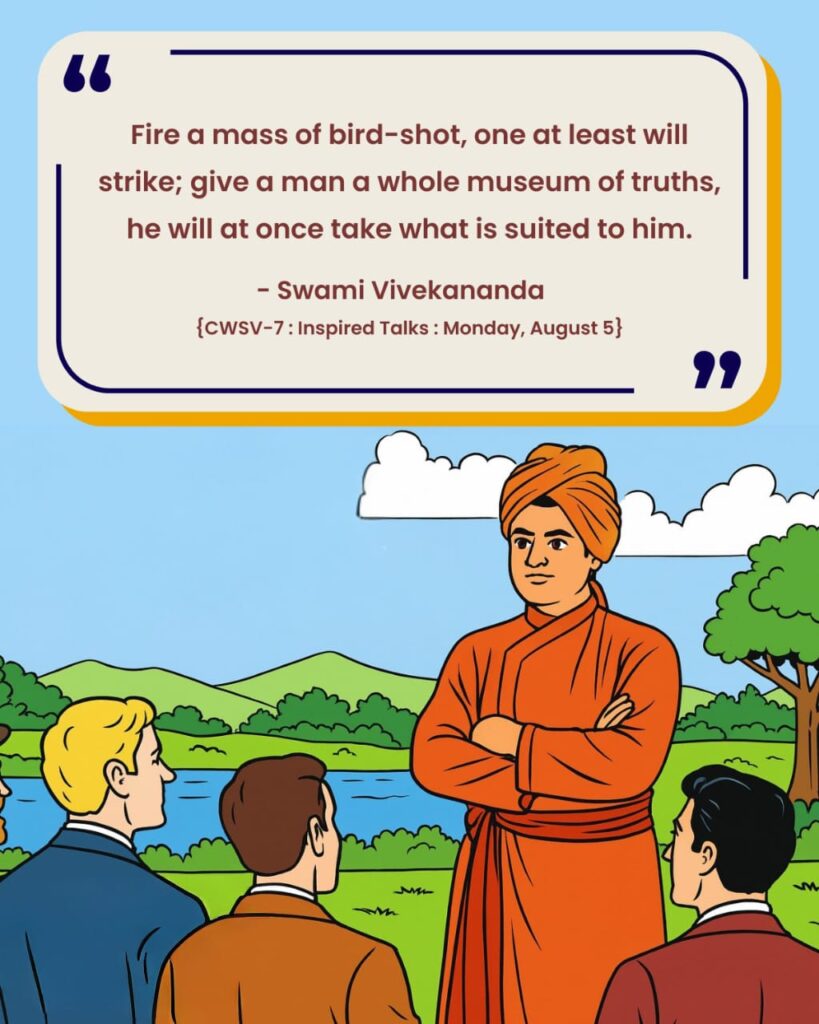
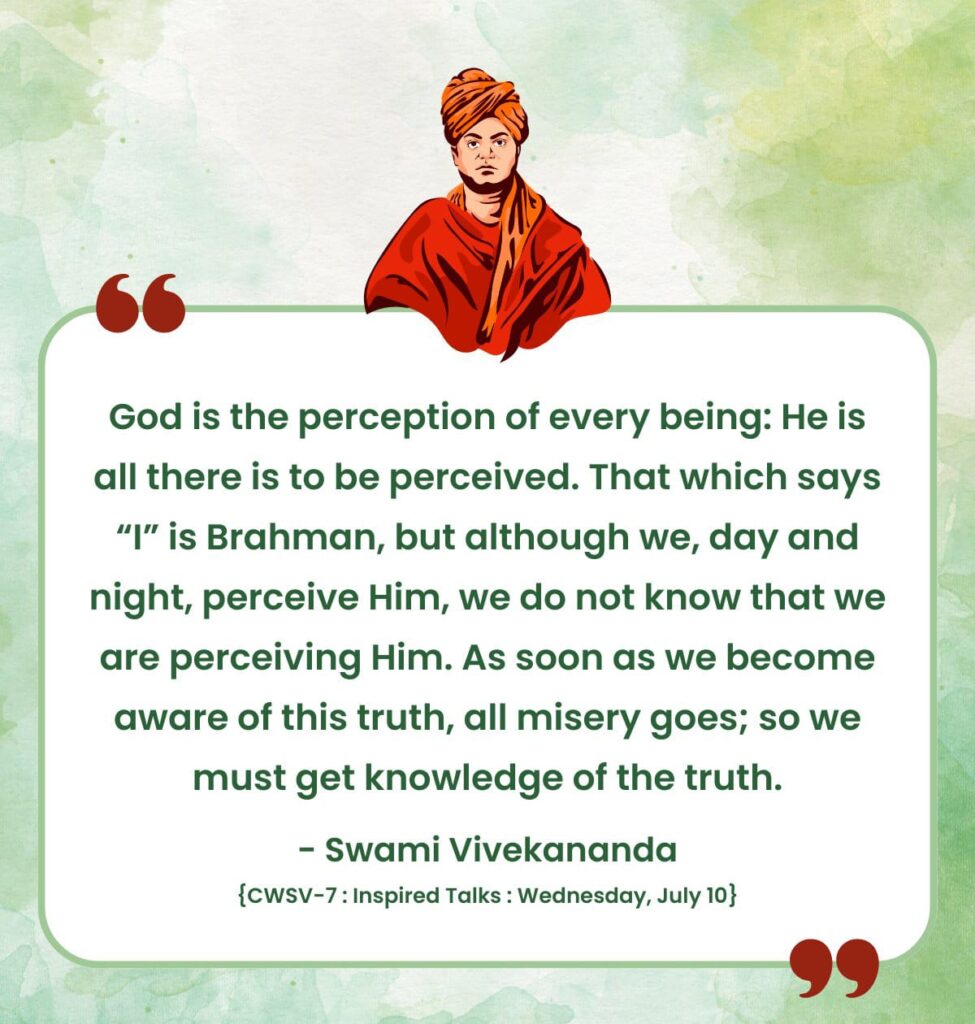
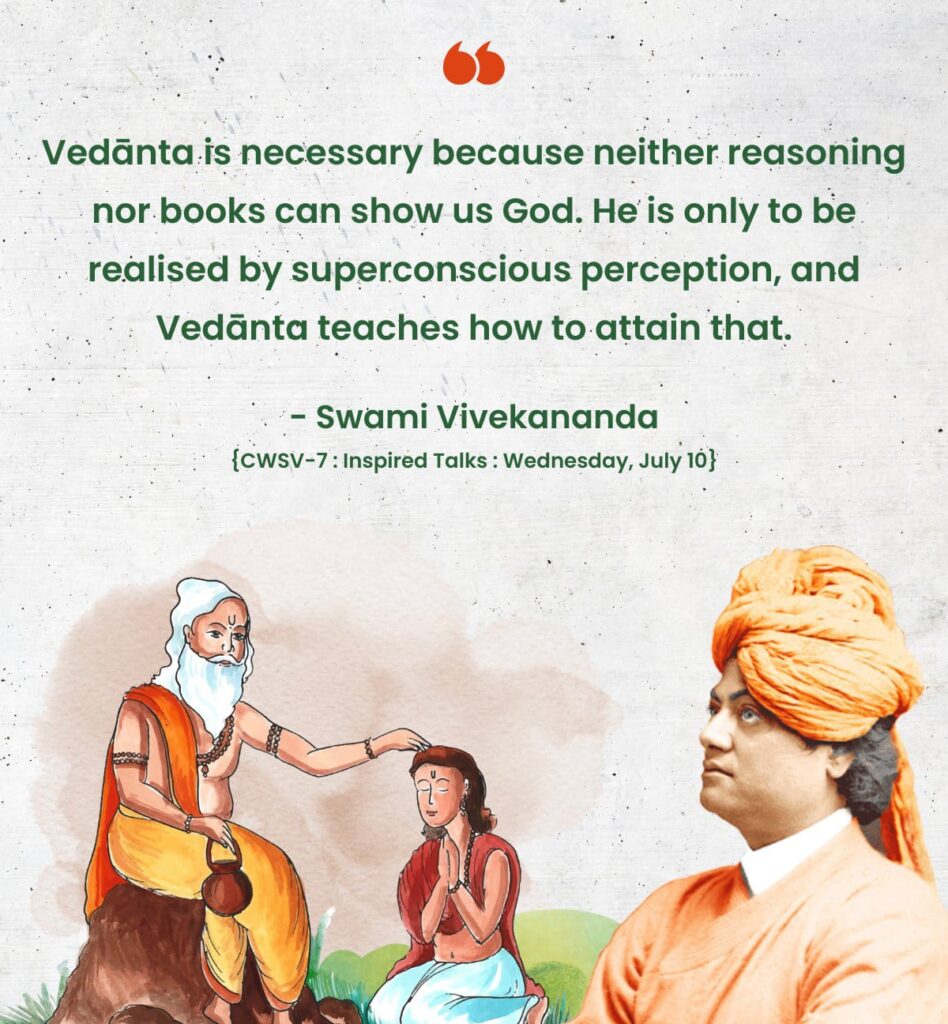
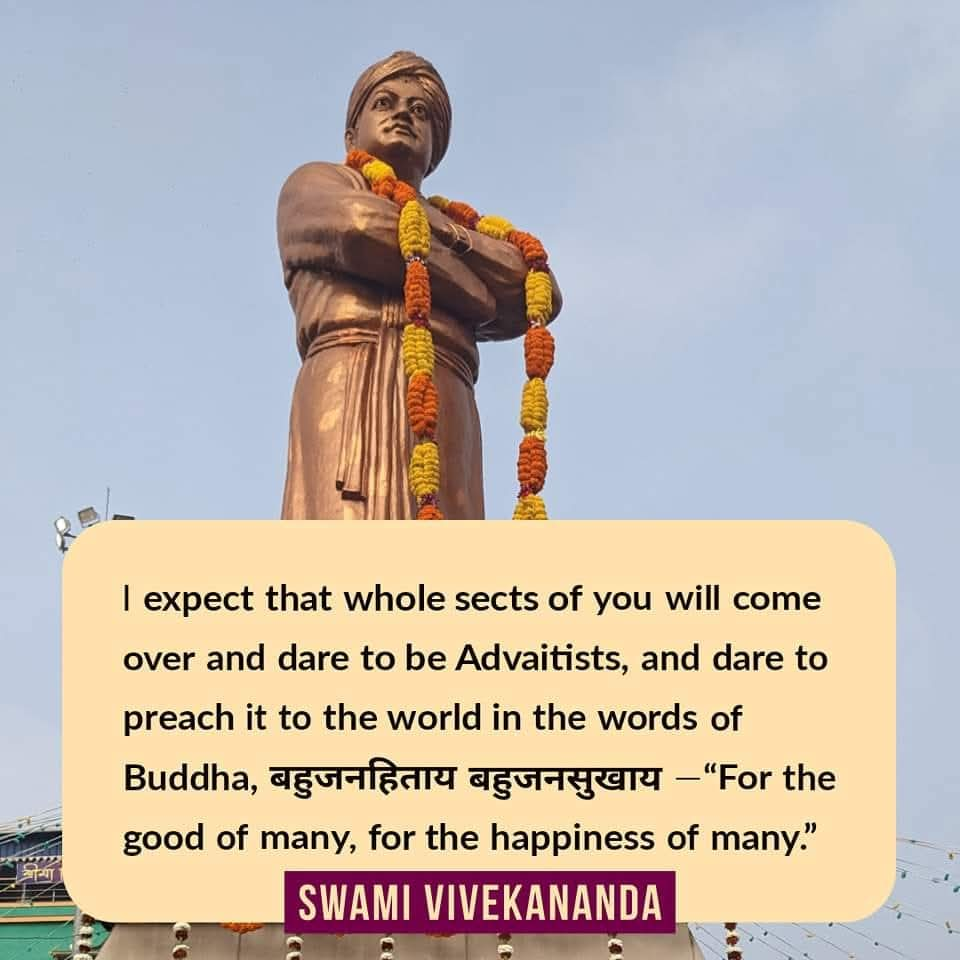
Question: What is the importance of the Gita?
Answer: It contains the most profound secret of Liberation.
Question: To whom should it be taught?
Answer: To the devotees of the Lord.
Question: What reward does he get?
Answer: He attains liberation (Moksha).